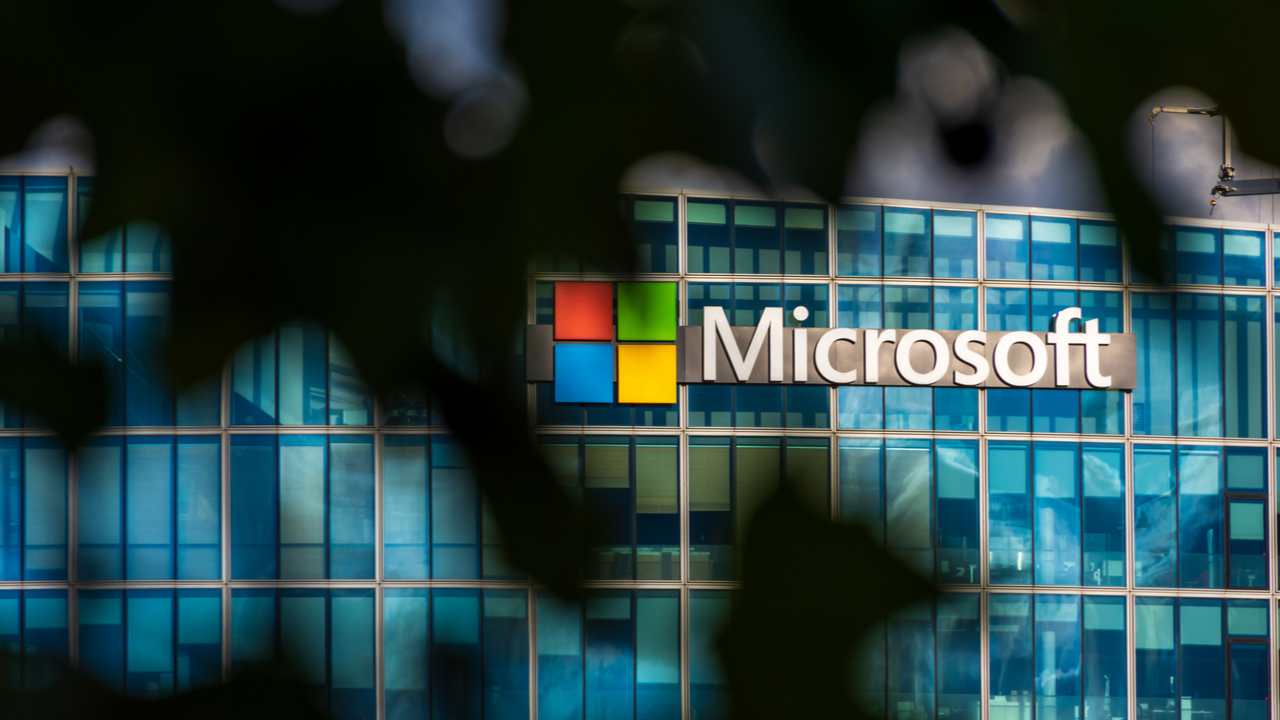
The CEO of Cybereason has said that companies who rely on Microsoft cybersecurity products are likely to end up a victim of a cyberattack.
Lior Div, the chief executive and co-founder of the endpoint protection firm pointed to Microsoft’s handling of zero-day attacks this year and said that the Redmond-headquartered firm should “let the experts deal with security”.
His comments come as Microsoft announced it is launching an endpoint cybersecurity suite for small and medium-sized businesses in light of the recent surge in ransomware attacks.
Microsoft Defender for Business – an enterprise version of its built-in consumer security software – will provide endpoint detection and response instead of standard antivirus protection.
It will also offer automated investigation and remediation, attack surface reduction and threat and vulnerability management.
Announced at the tech giant’s conference Microsoft Ignite 2021, the enterprise security suite will be available at $3 per user per month and is designed for companies with 300 employees or fewer.
“Defender for Business elevates security from traditional antivirus to next-generation protection, endpoint detection and response, threat and vulnerability management, and more,” said Microsoft 365 marketing manager Jon Maunder in a blog post. “It offers simplified configuration and management with intelligent, automated investigation and remediation. Defender for Business helps you to protect against cybersecurity threats including malware and ransomware across Windows, macOS, iOS, and Android devices.”
The launch of Microsoft Defender for Business follows a difficult year for Microsoft on the cybersecurity front. In March, Microsoft warned that a hacking group with ties to the Chinese state, dubbed Hafnium, had compromised its on-premises Exchange Servers with a zero-day exploit. An estimated 250,000 servers fell victim to the attack, giving Hafnium full access to user emails and passwords.
“What you saw from the beginning of the year is every month there is a new zero-day that Microsoft is introducing that’s risking their customer,” Div told Verdict in a recent interview. “And then Microsoft goes to its customer base and says ‘hey, by the way, we’re going to protect you and buy security from us’.
“And I’m saying stop, Microsoft. Just stop. Do your best to protect yourself and prevent those zero-days from occurring.”
“Every month there is a new zero-day that Microsoft is introducing that’s risking their customer. And then Microsoft goes to its customer base and says ‘hey, by the way, we’re going to protect you and buy security from us’.
And I’m saying stop, Microsoft. Just stop. Do your best to protect yourself and prevent those zero-days from occurring.”
A Microsoft spokesperson said: “We don’t agree with recent claims from a competitor in the cybersecurity space.”
In June, Microsoft found itself targeted by the Russian state-backed group behind the SolarWinds hack. The hacking group, dubbed Nobelium, conducted password spray and brute-force attacks to gain entry to the corporate systems of Microsoft customers.
Microsoft, along with tech companies Cisco, FireEye and Malwarebytes, were also compromised during the SolarWinds attack.
Many of the victims in the Microsoft Exchange hack were small and medium businesses because they tend to have smaller IT budgets compared with corporate giants. Microsoft said in its Defender announcement that it’s seen a 300% increase in ransomware attacks over the past year, with over 50% of attacks hitting small businesses.
This makes Microsoft Defender for Business a timely product – but Div is not happy with Microsoft’s response to this year’s cyberattacks.
He said: “If you’re a Microsoft customer, and you’re relying on Microsoft to protect yourself, you’re going to be in the news… Let the experts deal with security. And [Microsoft] is not an expert.”
“If you’re a Microsoft customer, and you’re relying on Microsoft to protect yourself, you’re going to be in the news.”
The endpoint protection market has become increasingly crowded, with the likes of ESET, CrowdStrike and Sophos offering solutions for SMBs.
But according to GlobalData’s enterprise security scorecard, Microsoft ranks top out of 62 companies.







